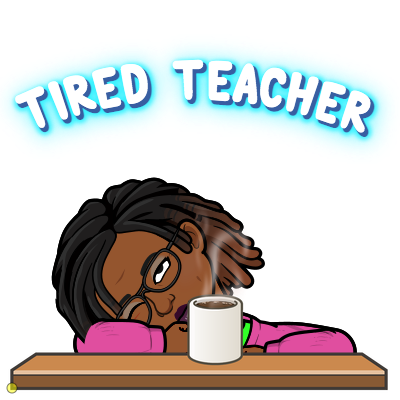The Networked Knowledge Activities Framework (NKA) will be useful to educators who are trying to find ways to incorporate social media sites into the formal classroom environment. The framework outlines six activities that users participate in while they are participating in online activities. Online users collect, curate, share, broker, negotiate, and construct knowledge using the information they find on the internet. Collection refers to the process of saving a link for an item so it can be found and used later. Users curate information by creating organized collections of online artifacts. Users share informations that has been collected or curated in an online forum. These activities and their descriptions provide educators with a starting point when they are attempting to embed social networking sites into classroom activities. Brokers act as agents between networks of people. Learners negotiate to come up with shared meaning and understanding. Finally some learners construct new products with the information they have collected. These new products can be shared with others.
These activities do not occur in isolation. It is entirely possible to see several of these processes taking place during one foray into the online learning. This framework is beneficial because it gives educators a tool that can show how students are benefitting from the inclusion of social networking sites in the formal classroom environment.
Dennen, V. P., Word, K., Adolfson, D., Arechavaleta, V., He, D., Hsu, C.-W., Hur, J., Jung, D., Kent, H., Russell, A., & Toth, K. (2020). Using the networked knowledge activities framework to examine learning on social networking sites. In P. Kommers & G. C. Peng (Eds.), Proceedings of the international conference on Web-based Communities and Social Media 2020 (pp. 165-172). IADIS Press.


Love this. Everything we are doing has my brain working overtime to see how I could use it in my classroom. While a lot of the social media sites are blocked on the school network, several of them or not. In one of my blogs I mentioned taking a screen shot of my Twitter and embedding it into a canvas discussion board and having the kids respond that way. Seems the use of NKAs is also a great way to incorporate some of what we are doing into the classroom.
ReplyDeleteI love that idea. Having the students respond in Canvas is a great idea. Then students who are not allowed to use social media will be able to participate. We should start a group within a group. What do you think about inviting all of the educators in the class into a group where you can share ideas like this?
DeleteSo I have been doing some research. I found this website/textbook called Ditch That Textbook. I think you will find some good ideas on how to do "social media" without actually using social media. My plan is to start my kids out with this and slowly work my way towards using real websites for those who are interested.
DeleteLike what Dr. Dennen mentioned in her paper, one of the strengths might be the flexibility in NKA frameworks. There are six different categories and teachers can choose some of the categories to make their class activities more structured.
ReplyDelete